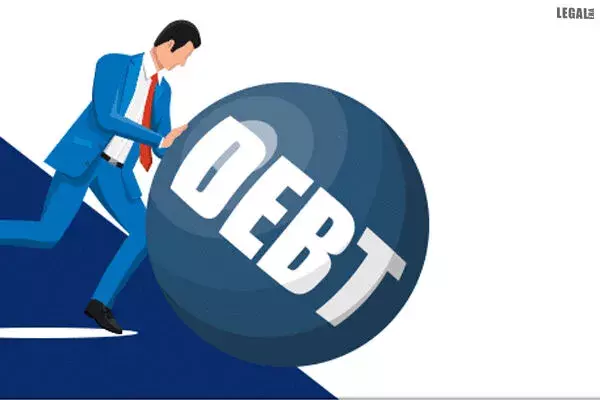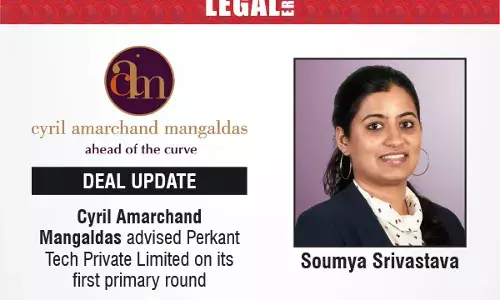NCLT: CIRP's exclusion of time helps revive operations of Corporate Debtor
The Delhi Bench of the National Company Law Tribunal (NCLT) decided that the exclusion of CIRP time helps revive the;

NCLT: CIRP's exclusion of time helps revive operations of Corporate Debtor
The Delhi Bench of the National Company Law Tribunal (NCLT) decided that the exclusion of CIRP time helps revive the operations of a corporate debtor, hence such exclusion should be allowed
In his appeal, the appellant argues that the exclusion of 90 days from the CIRP of the Corporate Debtor (CD) will prevent the company from going out of business. An individual who has submitted a resolution plan has been identified as a 'Prospective Resolution Applicant' and there is a possibility of CD to revive. Detachment of property from ED at tribunals/courts did not progress much because of the prevalent pandemic.
The CoC has also considered reissuing Expressions of Interest (EOIs). Hence, there is a need to exclude such a period from consideration. Furthermore, it has pointed out that the Appellant had been pursuing legal proceedings to have the Appellant's sole property of the CD released before the various judicial forums so as to get the property transferred as soon as possible and cited the decision of the Apex Court in the case of "Commission of Creditors of Essar Steel India Limited vs. Satish Kumar Gupta".
In certain exceptional cases, it is held that the CIRP period can be extended beyond 330 days by an adjudicating authority or an appellate authority. In light of what the Ld counsel for the appellant has to say, this is an exceptional case. The CD, which is the sole property of CBI and ED, has been attached and will be adjudicated in the matter.
The panel of Judicial Member, Justice M. Venugopal and Technical Member Dr. Ashok Kumar Mishra ruled that if the grant of 90 days was to help the Corporation to revive, the basic objective of the I&B Code, 2016 would be achieved. In the last resort, liquidation is the right choice. As such, this Court is of the subjective opinion that allowing the instant appeal will cause no prejudice in preventing an aberration of justice and promoting substantial justice.



